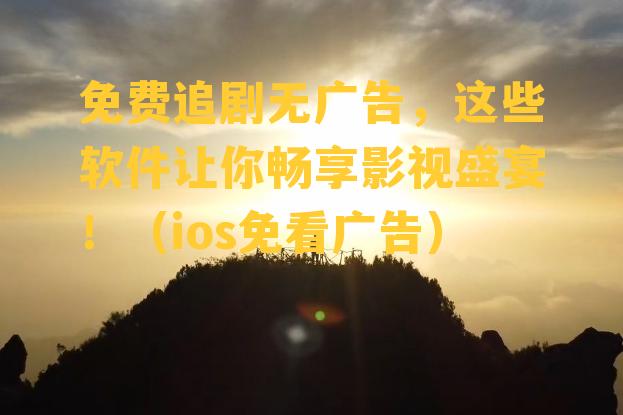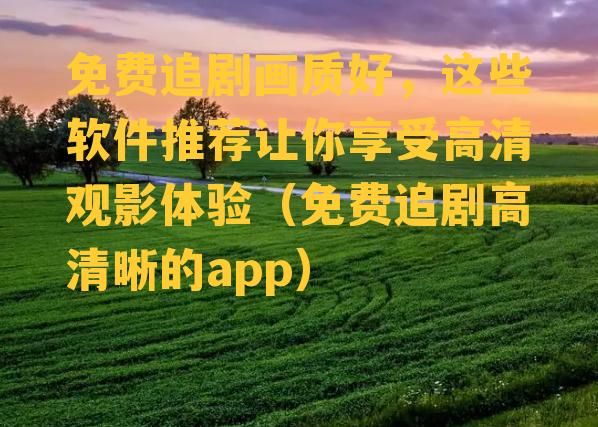古朗月行的翻译与注释解析(古朗月行的翻译和注释是什么意思)
是唐代诗人李白创作的一首脍炙人口的诗歌,其意境深远,语言优美。以下是这首诗的翻译与注释:
原文:
青青园中葵,朝露待日晞。
阳春布德泽,万物生光辉。
常恐秋节至,焜黄华叶衰。
百川东到海,何时复西归?
少壮不努力,老大徒伤悲。
翻译:
ting for the morning dew to dry in the sun's light.
In the bright spring, the sun bestows its grace, illuminating all things with its radiance.
I often fear the coming of autumn, when the withered leaves of the waning flowers will fall.
As the hundred rivers flow east to the sea, when will they ever turn back west?
If young people do not strive, they will only regret it in their old age.
注释:
1. 青青园中葵:葵,指葵花,青青,形容其翠绿。
2. 朝露待日晞:朝露,清晨的露水;日晞,指太阳升起,露水蒸发。
3. 阳春布德泽:阳春,春天的阳光;布德泽,施恩惠。
4. 万物生光辉:光辉,指生机勃勃的样子。
5. 常恐秋节至:常恐,常常担心;秋节,指秋天。

6. 焜黄华叶衰:焜黄,指枯黄的颜色;华叶,指花朵和叶子。
7. 百川东到海,何时复西归?:百川,指众多河流;东到海,流向东方的大海;何时复西归,何时才能返回西方。
8. 少壮不努力,老大徒伤悲:少壮,指年轻力壮的时候;老大,指年老的时候;徒伤悲,白白地感到悲伤。
这首诗通过描绘园中葵花等待太阳、春天阳光照耀万物、秋天来临花朵凋零等景象,寓意着人生的短暂和时光的流逝,告诫人们要珍惜时光,努力奋斗。









